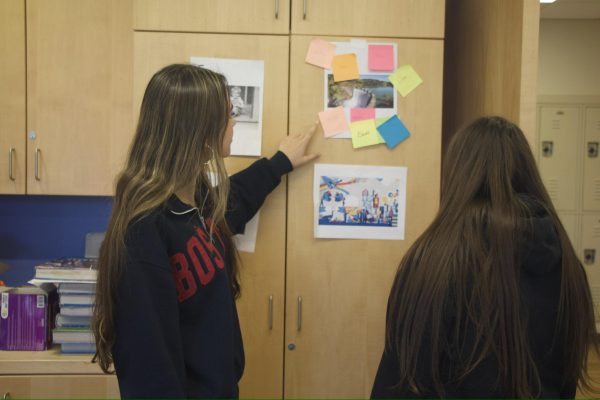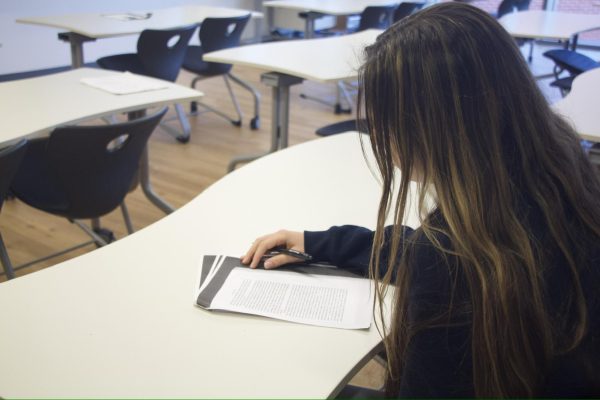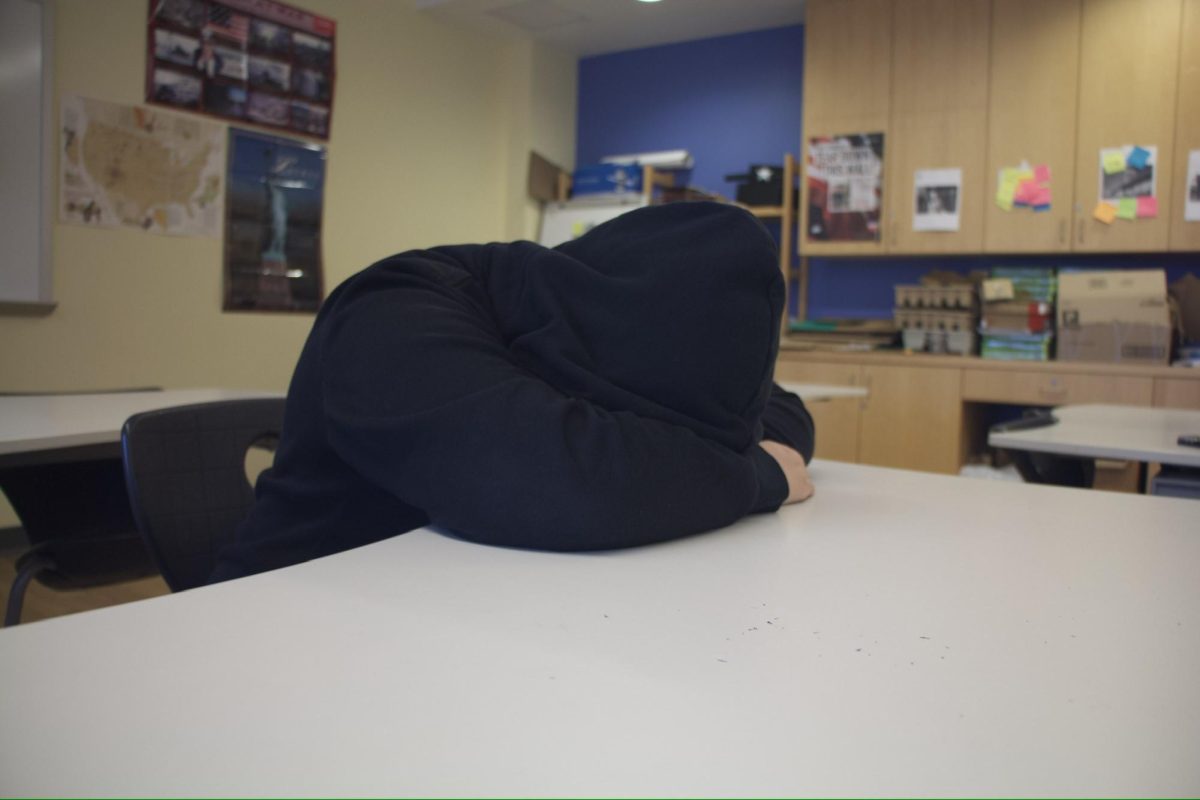With the arrival of fall, the significant holidays are finally approaching. For many students, the season causes tiredness, anger, and what specialists call “burnout.” According to an American Psychological Association (APA) poll (article Link), more than half of high school students suffer from “burnout,” which the World Health Organization now classifies as a major health risk. The season, full of breaks and excitement, makes it difficult for students to concentrate because all they can think about is how soon they’ll be home, away from the work and stress, resulting in more missing or late assignments.
“Burnout,” a state of emotional, mental, and occasionally physical exhaustion produced by continuous or repetitive stress, makes it difficult for anyone to maintain their daily routines, such as attending school. According to Herbert Freudenberger, the term first originated in the 1970s as an informal, daily statement, representing the brain’s attempt to rewire for survival. He was the first to define the symptoms and conduct a full study. However, it has a huge impact on many individuals nowadays and is seen as a severe matter.

Many experience the same cycle. As people wait for approaching breaks, students progressively lose momentum. Looking at PowerSchool, they notice a change in their grades. They become frustrated and miss more work. To help students get through the “burnout” season, Pawprint sought advice from students who had worked hard to maintain their grades.
Abbiegail Graham, a sophomore, maintains her grades by telling herself of all the perks she will obtain. That is, she realizes that even if she does not want to do it, it will benefit her career. She mentioned that her priority is on future events rather than academics. Graham managed volleyball all season and is a member of the FCCLA club. She also made the honor roll this quarter and has some smart comments on the subject. Graham attempts to complete tasks on time, preferably ahead of schedule. Now she offers some advice to help her overcome these difficulties. She said, “Don’t stress yourself out too much and just try to get the work in on time, and if you know that you can’t, then ask the teacher for an extension.”

Also, junior Nicollina Ballone shared insights into how school affects her. Ballone is a member of the Spirit Squad and does REACT. She sees changes in her workload more than in her grades. Meaning, teachers aim to cover all of their topics before the conclusion of the quarter—sometimes packing too much at once, causing her grades to vary. However, she always strives with initiative to complete everything. She uses the assistance provided by teachers and recognizes when she needs a break. Her advice to students in the future is “to not procrastinate and just get your work done.” Although many people already know this, it can be difficult to remember and maintain.
After obtaining other perspectives, the assistant principal was questioned to see whether grades were shifting in the second quarter. “Having been a teacher here for 25 years, I noticed that students sort of lose motivation.” Mr. Luther concurred with the evaluation and noted that he had noticed a grade disparity, particularly among seniors. As kids approach the end of high school, it is easy to “give up” because there is little remaining.
To ease the emotion, one can manage his or her schedule, use relaxation techniques, or seek help. Ballone employs one of the methods, saying, “I’ll take like a ten-minute break and just relax.” Using the students’ information, you may not encounter any of these obstacles at school.



